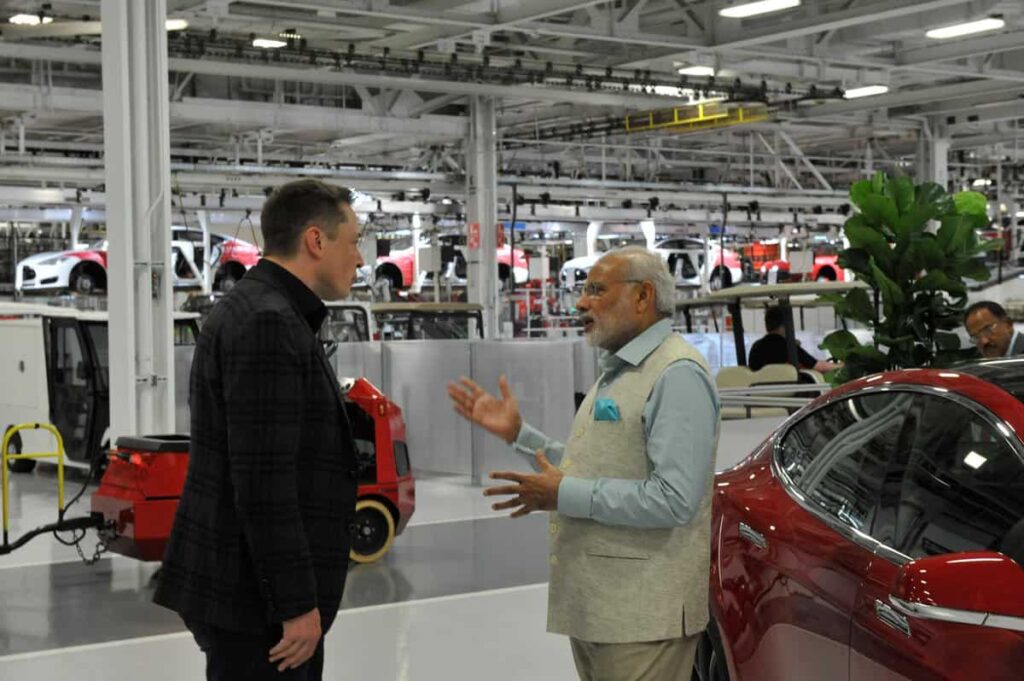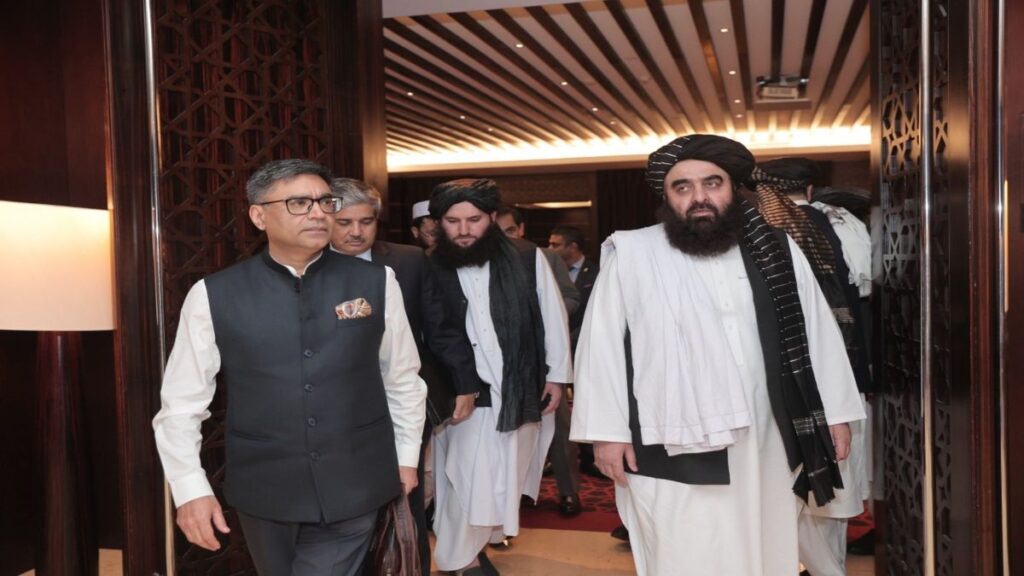
Starlink to enter India soon? Musk happy as govt does away with spectrum auction
US billionaire Elon Musk has “appreciated” an indication by the Indian government suggesting it will opt for the allocation route for satellite spectrum and avoid the traditional auction route. Speaking during an event in New Delhi, India’s Telecom Minister Jyotiraditya Scindia had said, “If you do decide to auction it, then you will differ on the process from the rest of the world.” The hint immediately earned Elon Musk’s praise, who is hoping to launch his Starlink services in India.
“Much appreciated! We will do our best to serve the people of India with Starlink,” Musk wrote on X.
Much appreciated! We will do our best to serve the people of India with Starlink.
— Elon Musk (@elonmusk) October 15, 2024
Scindia’s comment came a day after Musk lashed out at a major Indian industrialist for seeking the auction route.
Earlier, news agency Reuters reported that Reliance, which owns Indian telecommunication giant Jio, had opposed the Indian telecom regulator’s consultation process which suggested that the satellite broadband spectrum should be allocated, not auctioned.
On the other hand, Bharti Airtel, another Indian telecom giant owned by Sunil Mittal, had backed the allocation route. Airtel has long supported the administrative allocation of satellite spectrum, saying it has always backed technologies that help connect remote parts of India.
Elon Musk views unresolved spectrum allocation issues in India as a major hurdle for Starlink. Musk-owned company believes that the spectrum, being a natural resource, should be shared by companies.
The satellite spectrum consists of radio frequencies used for satellite communications, and the International Telecommunication Union (ITU), a United Nations agency, allocates these frequencies for various services. India is a member of the ITU and has signed its treaty.
Musk’s special focus on the Indian satellite market indicates the competition is intensifying for the lucrative sector, which is expected to expected to grow at 36 per cent a year to reach $1.9 billion by 2030.
(With inputs from agencies)





Responses